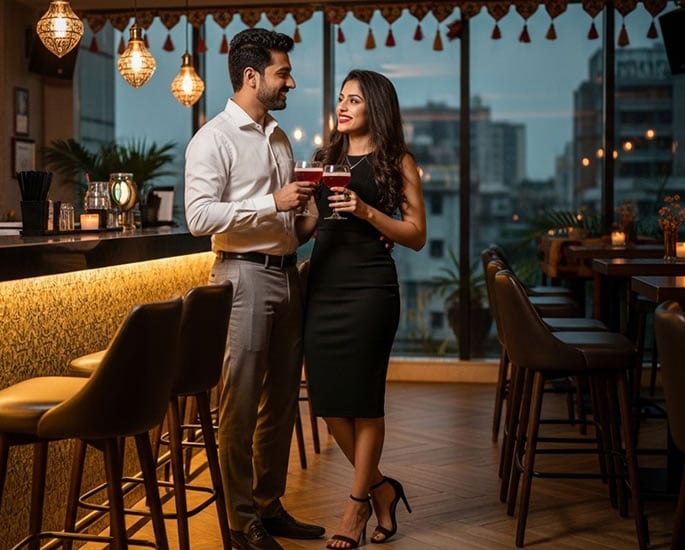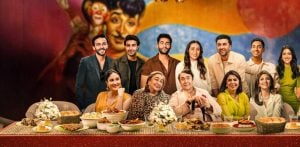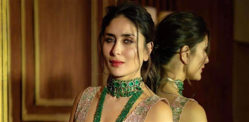women often choose to split as a statement of autonomy and equality
Modern dating in India is shifting and the dinner bill says a lot about it.
A new report by Aisle, The Commitment Decade, reveals that urban Indian singletons are rethinking how they approach relationships in 2025.
The dating platform’s analysis of 3,400 participants across major cities, including Bengaluru, Delhi, and Mumbai, found that commitment and emotional connection are taking centre stage.
One of the most telling findings involves the age-old question: who pays the bill on the first date?
According to the report, 42.8% of respondents believe the bill should be split equally, while 40.1% still think the man should pay.
Aisle found that 53% of Indian women now prefer splitting the bill, compared to 42% of men who believe they should solely cover it.
The study notes that women often choose to split as a statement of autonomy and equality, while men pay out of habit, intent, or an ingrained sense of being the provider.
Beyond financial etiquette, the survey highlights a major cultural shift.
Ninety-seven per cent of women across generations prefer commitment, with one in four actively reducing casual dating over the past year and one in three planning to marry within a year of dating.
For men, their preference for commitment increases with age, from 80.6% to 87.8%.
The data also reveals that 55.5% of respondents have witnessed couples marry after meeting online, reinforcing that dating apps are a credible route to matrimony.
Aisle’s findings suggest that the era of casual dating fatigue has truly arrived.
Emotional maturity and mental well-being have overtaken superficial traits as the new markers of attraction. Empathy, communication, and shared values now outweigh looks or financial status.

Chandni Gaglani, Head of Aisle Network, said:
“The dating market has moved past its experimental phase and is settling into equilibrium.
“The data highlights a clear shift; people are prioritising real connections and meaningful dialogue instead of endless superficial matches and swipes.
“Whether you’re in Delhi or Bangalore, finding love now means finding someone who understands that career ambitions must coexist with essentials like work-life balance and cultural values.
“This validates what we have seen through our 3 million success stories: Indians worldwide are ready for relationships that honour both their personal growth perspective and cultural identity.”
Mental health has also become an important part of modern dating conversations.
The report found that 67% of Gen Z women would end a relationship due to mental health concerns, while over half of all respondents believe therapy is an acceptable topic in dating discussions.
One in three Indians have ended or avoided relationships because of mental health issues.
Technology is also shaping how people find love, but with boundaries.
Around 68.6% of Gen Z women reject AI-only matchmaking, while half of millennials prefer AI-assisted connections verified by humans.
Forty-five percent of men are open to AI matchmaking, but only if it includes human involvement. Indians, it seems, want technology to assist rather than replace real-world intuition.
Astrology, too, still plays a role, though not a defining one.
Seven in ten Indians now prioritise personal compatibility over zodiac signs, yet 30% of millennial women say astrology still influences their choices. For most, it remains a fun filter, not a deal-breaker.






























































